In Africa, financial systems are changing fast. Systems built on blockchain technology (decentralised finance), like stablecoins and crypto tokens, give people new ways to send and receive money, trade across borders, and access financial services without going through banks.
At Moonshot by TechCabal on Thursday, October 16, panellists on a session on payments, and the promise of decentralised finance in Africa agreed that DeFi could help solve long-standing challenges such as fraud, high transaction fees, limited banking access, and slow cross-border payments.
“A lot of Africans are locked out of global finance,” said David Salami, co-founder and lead engineer at Polytope Labs. “But through blockchains, because of the permissionless nature of these systems, people can bypass those frictions and move money freely.”
According to Chainalysis, cryptocurrency transactions in sub-Saharan Africa hit $205 billion between July 2024 and June 2025. Nigeria led the region with $92 billion in crypto activity during that period. Around 22 million Nigerians, about 10% of the population, now hold cryptocurrencies, up from just 0.4% ten years ago.
The growth of crypto has also come with rising fraud. Crypto-related crimes in Africa jumped 27% last year, with Nigeria recording over 9,500 cases in 2024. Panelists said the idea that crypto crimes go unpunished is a myth. Blockchain transactions leave permanent records, which means stolen funds can often be traced, even years later.
“One of the biggest misconceptions is that you can scam with cryptocurrencies and get away with it,” said Emmanuel Peter, Head of Roqqu Academy. “But sorry to disappoint, most on-chain scams, even after 5-15 years, are eventually traced and recovered.”
Panelists also discussed the role of regulators and law enforcement in improving compliance and protecting users. They noted that many exchanges now work closely with governments to track stolen assets and create safer digital systems. They said collaboration between the public and private sectors will be key for broader crypto adoption in Africa.
“You will be surprised how many enterprises and government agencies are willing to partner to drive education and regulatory awareness. Once clear safeguards are in place, people will feel more confident using these new financial tools,” said Adaobi Orajilaku, founder and CEO of Atsur.
As blockchain technology matures, panelists said, in the coming few years, digital currencies could do what legacy banks could not: build an open, safe, inclusive financial system for Africans.

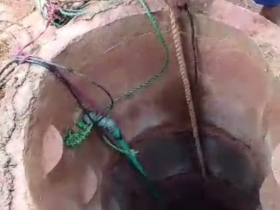

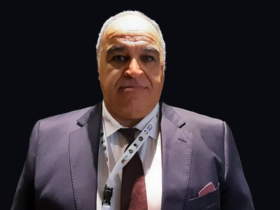
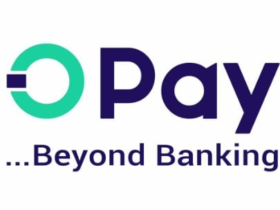


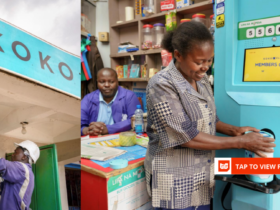



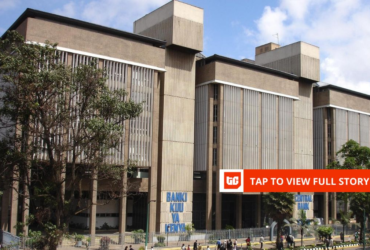
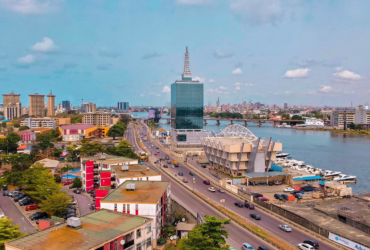
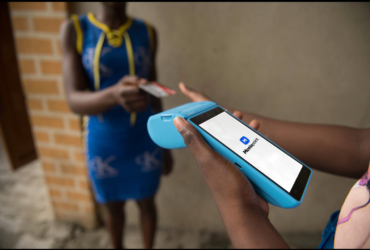
Leave a Reply